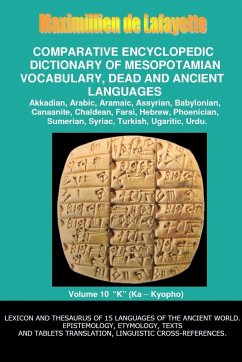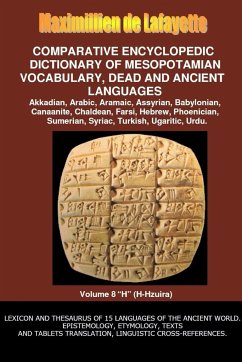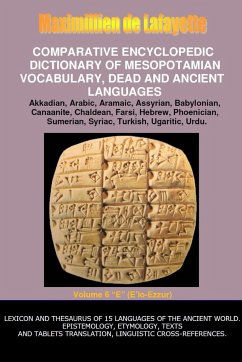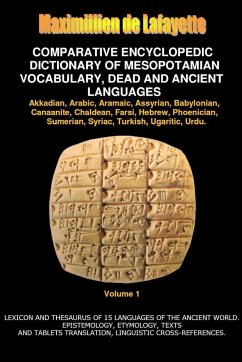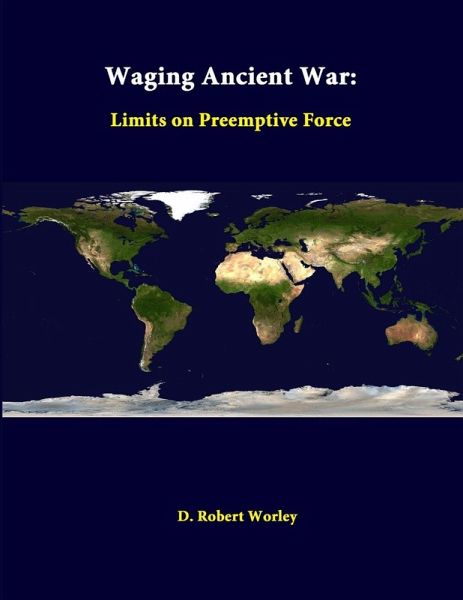
Waging Ancient War
Limits On Preemptive Force
Versandkostenfrei!
Versandfertig in 1-2 Wochen
16,99 €
inkl. MwSt.

PAYBACK Punkte
8 °P sammeln!
For decades, the idea of containment held together a political coalition within the United States that maintained a large, peacetime military for the only time in American history. The same strategic conception held together a multinational military alliance. The strategic debate that followed the Cold War includes hegemonic primacy, classic collective security, cooperative security orienting on preventing the acquisition of power, selective engagement, and restrictive or neo-isolationist alternatives. But no political consensus has yet to form around any of these alternatives, nor does a cons...
For decades, the idea of containment held together a political coalition within the United States that maintained a large, peacetime military for the only time in American history. The same strategic conception held together a multinational military alliance. The strategic debate that followed the Cold War includes hegemonic primacy, classic collective security, cooperative security orienting on preventing the acquisition of power, selective engagement, and restrictive or neo-isolationist alternatives. But no political consensus has yet to form around any of these alternatives, nor does a consensus appear to be forming. The current debate is conducted in the familiar language of international relations and the U.S. position within the system of states. A major conclusion of this study is that the concepts on the use of force and the well-established language of international relations are inadequate to the current "war on terrorism."






